Description
Psychology is the scientific study of the human mind and behaviour. Using variety of different research methods we examine behaviour from multiple perspectives to gain and understanding of what it means to be human. Good psychology is predictive; it can help us change and adapt individual lives and society as a whole for the better. Do you ever wonder why we follow crowds, or obey authority figures? Have you ever wondered how phobias develop? Do you think criminals are born or made? Psychology is a subject that will challenge you to ask questions about yourself and others and it will teach you how to objectively measure and understand the human condition.
Structure
Topics in year 1
Research methods: How do we study behaviour? In this topic, we examine some of the main methods used to study and draw conclusions about human behaviour, such as experimental methods, correlations and case studies.
Social influence: Would you electrocute someone with a 450v shock if you were ordered to? In this topic, we examine how people impact on other peoples behaviour, focusing on conformity, obedience to authority figures, resistance to social influence and the power of minority groups to persuade others.
Psychological approaches: How can we understand human behaviour? In this topic, we examine the main psychological approaches to understanding behaviour, including the behavioural approach, the cognitive approach, the biological approach, the psychodynamic approach and the humanistic approach.
Child psychology – Attachment: How can we explain the unique emotional bond between parents and children and what happens if this is disrupted in childhood? In this topic we look at explanations of attachment formation, different types of attachments and how problems during childhood can impact on development into adulthood.
Psychopathology: How to we explain and treat mental health disorders? In this topic we discuss how to define abnormality and examine explanations and treatments for three mental health disorders, including phobias, clinical depression and obsessive compulsive disorder.
Memory: Can we trust the testimony of eye witnesses to a crime? In this topic we examine the main explanations of memory, including why we often forget. We also look at factors that question the reliability of eye witness testimony and strategies to make such accounts more accurate.
Topics in year 2
Relationships: Why are we attracted to certain people? Why do relationships often break down? In this topic we focus on the formation, maintenance and breakdown of adult relationships, as well as the increasing ways in which the online world impacts them.
Biopsychology: In what ways does our biological make up control our behaviour? In this topic, we examine the fundamental biological determinants of behaviour, such as brain structure and localisation, neurochemistry, genetics, the endocrine system and biological rhythms. We also study the various ways to measure biological systems, including brain scans.
Forensic psychology: How do we explain criminal behaviour? How do we catch serial killers? In this topic we examine offender profiling, explanations of criminal behaviour and consider different ways to treat members of society that engage in such things.
Schizophrenia: What causes this disorder? Can it be treated? In this topic we dive deep into the main explanations for the causes of schizophrenia and how to treat patients suffering from this illness.
Issues and debates: Do we have free will, or is our behaviour determined by external factors? Are we a product of our nature or our nurture? Is it right to mistreat those that we study for the sake of advancing human understanding? In this topic, we look at several fundamental issues and debates within the psychological discipline and explore the various sides to these arguments.
Assessment: All topics are assessed across three examinations at the end of the two year course. These exams consist of short answer and extended response questions and require students to demonstrate their knowledge, application and evaluative understanding of the topics studied.
Course requirements
GCSE Science, Maths & English (5 or above, preferably 6)
Additional requirements
An open, enquiring mind and an ability to write in a detailed and analytical style. A genuine interest in psychology and a willingness to work both independently and within a group.

